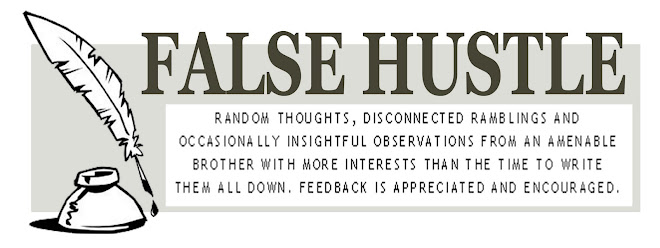 Peter King of Sports Illustrated really knows his football. In fact, there might not be a better-known, more-respected football insider in the news biz.
Peter King of Sports Illustrated really knows his football. In fact, there might not be a better-known, more-respected football insider in the news biz.But I'm not sure that municipal officials across the country should take much stock in his opinion last week about the importance of pro sports franchises to their respective communities (check out the "Factoid of the Week..." portion of the column).
King was mulling over recently released Census figures that show - as has been the trend over the years - that the Rust Belt is on the wrong end of the population shift in our country. Cleveland was our nation's loss leader in sheer numbers, dropping to the 40th-largest city in the country. Baltimore (technically not a Rust Belt-type city), Buffalo and Pittsburgh also suffered huge losses.
That led to King's conclusion that "that news underscores the importance of an NFL team for civic pride. When people look around their hometowns and find not a lot to get fired up about, they turn toward their civic institutions and say, "Give us something to make us feel good about our future. Please.''
That reminded me of former Cleveland Browns owner Art Modell, who moved his team to Baltimore in 1996 in exchange for a new stadium built entirely at public expense, and told reporters that "The pride and presence of a professional football team is more important than 30 libraries."
Absurd.
I don't want to bore folks here, but that line of thought is the reason that new sports stadiums and arenas drain $2 billion a year from the public coffers - almost exclusively for the private profit of the multimillionaires who own pro sports teams.
Instead of spending these taxpayers dollars on infrastructure, public schools, economic development programs or, say, libraries, (things that actually affect the quality of life in a city), city and county officials are often bullied or shamed into spending millions to satiate the money-grubbing ways of guys like Modell or Clay Bennett of the team formerly known as the Seattle Supersonics.
It's a swindle, I tell ya, and taxpayers and local residents wind up the losers. I could go into detail about how pro sports teams really don't create much of an economic engine for cities or how towns would be better off investing in sewer lines but this entry is already plenty long.
Just keep in mind that Cleveland regained its Browns in 1999, a period of time in which the city lost more than 40,000 people.
Presumably, some of those folks were Browns fans.
.jpg)
2 comments:
The problem is money that would be earmarked for a new stadium isn't instead going to pay for educational needs in public schools or libraries. In the stead, it's being wasted (http://www.nypost.com/seven/07202008/news/regionalnews/beeps_big_sis_boom_bucks_120736.htm) While many politicians portray an altruistic demeanor, sadly, the reality is many more are too concerned with the ongoing power grab that is local politics.
While having a sports franchise might promote some grassroots civic pride, the bigger meaning is the stimulation it gives to local businesses located around the stadium (even if it is only 10 days a year) and the hundred of stadium operation workers that use those Sunday afternoons for supplemental income.
Steve, I can sort of feel that argument.
But there's also been plenty debate over the years about whether or not local businesses really benefit much from the presence of a new stadium or if its simply drawing business away from other areas of town - just a redistribution of the same wealth that was already there.
And then think about the money lost in taxes for the subsidized stadiums that could have been used for any number of other outlets.
I'm not really against pro sports teams getting some funding, per se, but I think Peter King grossly overestimates their value to a community.
Post a Comment